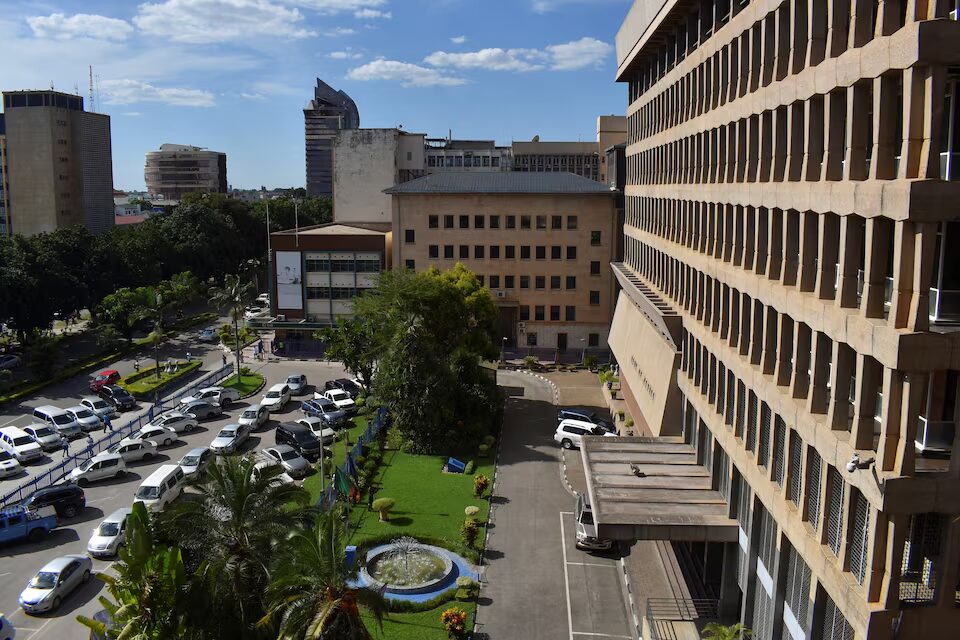
Thursday 27th November 2025

by inAfrika Newsroom
Mozambique cement factories in the northern provinces are set for a major expansion after the government and Chinese partners agreed to invest US$333 million in two new plants and supporting infrastructure. Officials say the investment will be split between Nampula and Cabo Delgado, including a jetty and hospital services alongside the cement production units.
According to the government announcement, the Mozambique cement factories project aims to boost local supply for housing, roads and gas-related infrastructure, reducing dependence on imports from neighbouring countries. The new plants are expected to create hundreds of direct jobs and more opportunities in transport, quarrying and services. However, authorities have released few details on timelines, environmental safeguards or community resettlement plans.
Analysts say the deal reflects China’s continued interest in Mozambique’s construction and extractives sectors, even as security concerns linger in parts of Cabo Delgado. They argue that transparent procurement, strict environmental standards and local content rules will be critical to ensure the Mozambique cement factories deliver broad benefits rather than deepening grievances. Civil society groups plan to monitor land acquisition and environmental impact assessments as project preparation advances.
The government is expected to finalise feasibility studies, secure permits and agree on power and logistics arrangements with the national utility and port authorities. Officials will also negotiate tax terms, labour provisions and local sourcing targets with Chinese investors. If agreements are concluded on schedule, construction on at least one of the Mozambique cement factories could start in 2026, aligning with planned upgrades to regional roads and ports.
Strategic investment in Mozambique cement factories can ease chronic shortages of construction materials that slow housing and infrastructure delivery across Southern Africa. When local cement output increases, governments and developers may see lower project costs and fewer delays linked to imports. At the same time, strong environmental and social safeguards are essential to avoid pollution, land conflicts and community displacement. The way Mozambique structures this deal will send an important signal about how African countries can leverage external capital while protecting local interests and long-term industrialisation goals.


